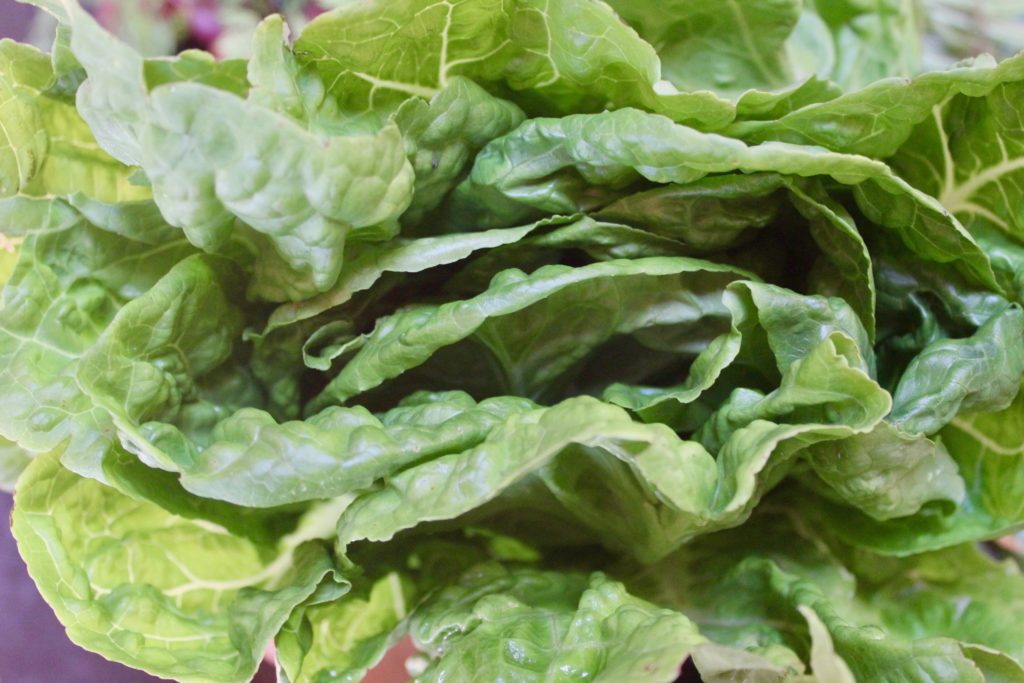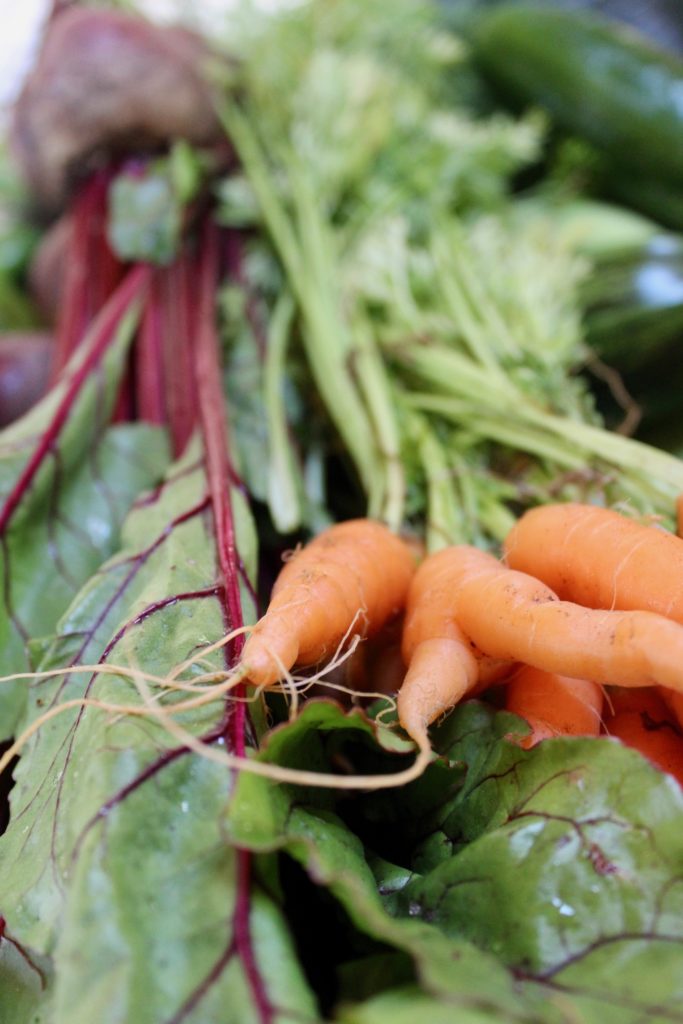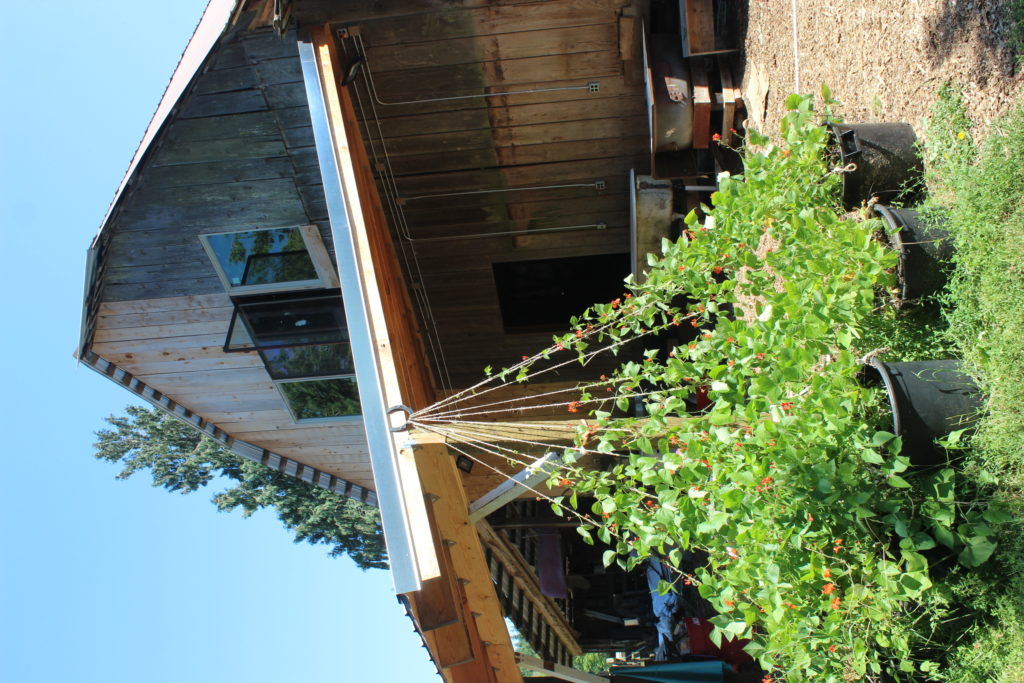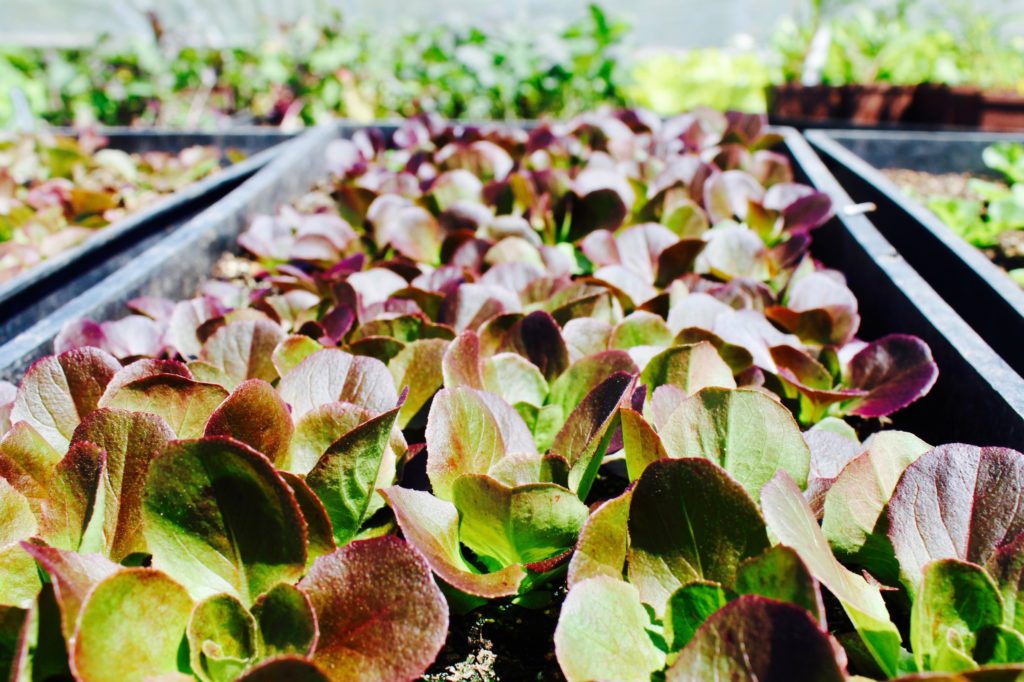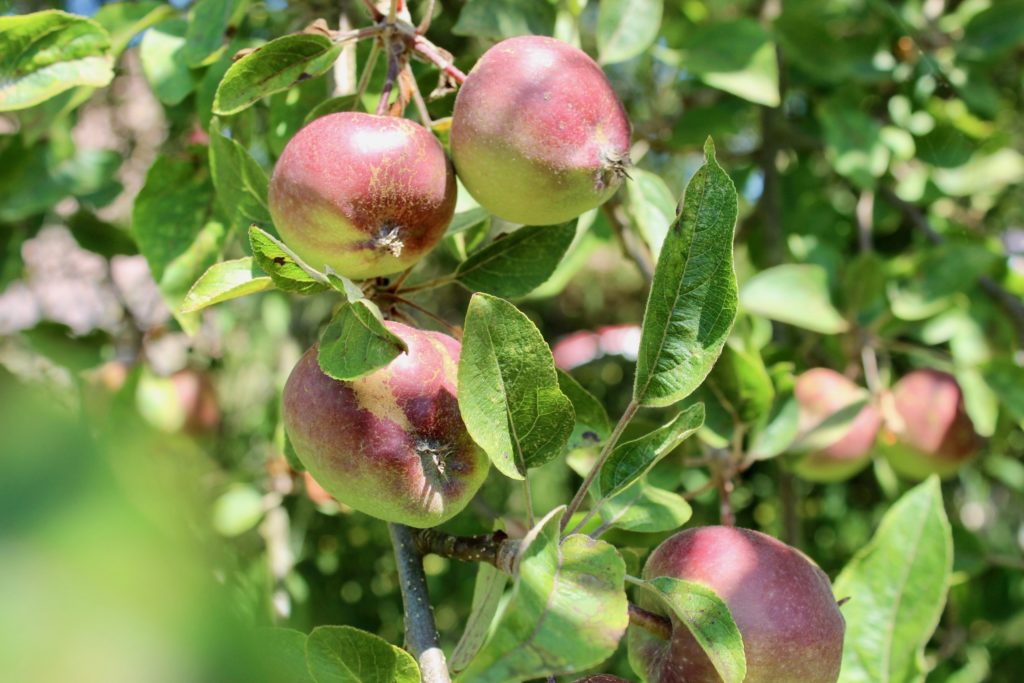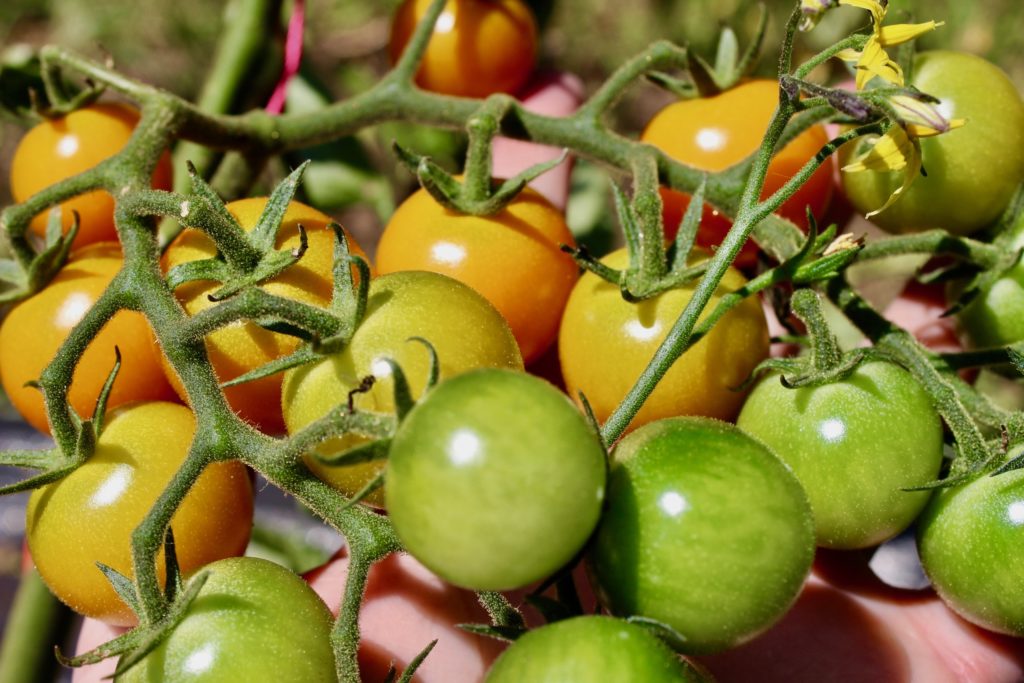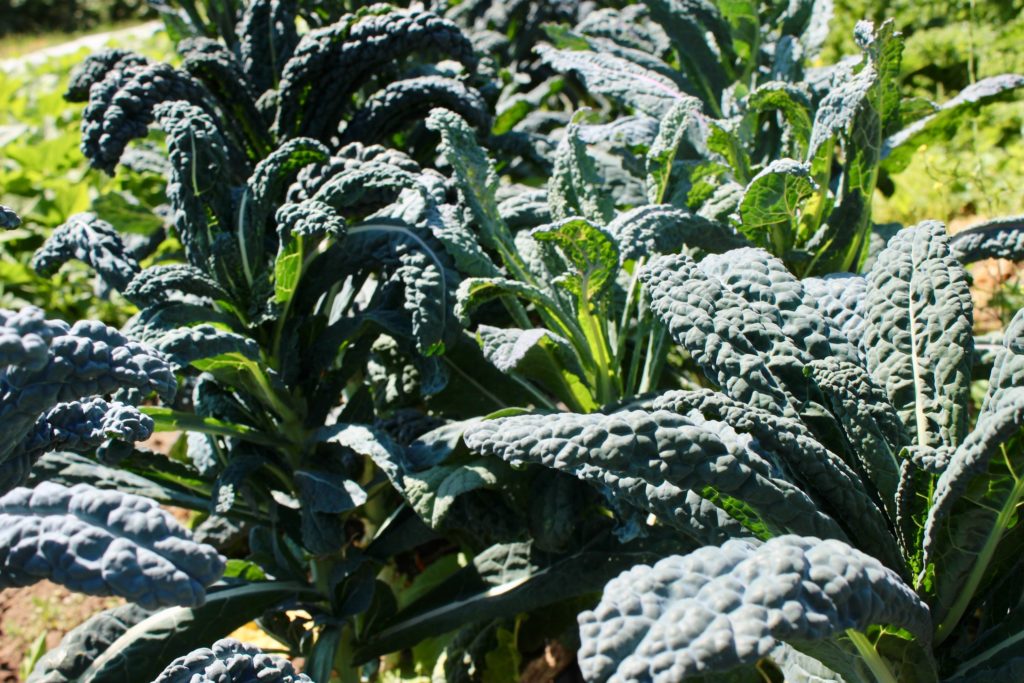The advent of our CSA deliveries has corresponded with my return to the classroom at UW. This quarter I am again taking up my post within the Program on the Environment – UW’s interdisciplinary undergraduate environmental studies program. This fall I am teaching Environment 100: Environmental Foundations. Sometimes on the tractor I am planning for a lecture, and sometimes when I am working in my office reading for class I find myself thinking about new tools for soil conservation. Nonetheless, I find synergy in the combination of tasks associated with these two jobs.
This past week we have been talking in class about humanity’s impact on the planet. In general, we can summarize the impact humans have by considering that our environmental impact (I) is equal to our population size (P) times the resources we consume (C). It is a broad stroke for sure, but one curious thing is how food (and consequently farming) is intimately linked to I. Farming both enables human population growth and contributes to our current resource consumption rates.
As growers at SkyRoot farm (our favorite term for what we do) we have an impact on the planet greater in some respects than we did before we grew food as a business. Daily we struggle with the big questions associated with our farm – efficiency, sustainability (both environmental and personal) and restoration of ecological function. We want both to grow our farm and use less fossil fuel. We want to feed people and reduce the big I of our equation. Running a farm while struggling with food production in the context of the big environmental issues of our time is part of what our farm is about. Ultimately, when more people engage in agriculture the consumption component of the equation can be reduced. Instead of 1 farmer in 50 people, I hope someday that we will see the number closer to 1 in 10. This shift could reduce the I in many ways – but perhaps the biggest is that small, ecologically managed farms can be more productive than their large monoculture counterparts (Alteri 2011). Ecologically managed farms improve efficiency by reducing external inputs (fossil fuels, pesticides, fertilizers), building interdependent farm systems, and consequently increasing the per unit area productivity of the farm. The shift to more farmers farming smaller areas more efficiently will be a significant piece of the next “green revolution.”
How does having more farmers impact consumption? My own relationship with food and consumption has changed significantly in the last year. Now I eat what I grow – which means, the fields, not the grocer determine my family’s diet. We are engaged in farming as a life choice. Instead of going to market we are harvesting and preserving food. Instead of thinking only of the market efficiency of our farm, we think of our farm system. We have animals on our farm that do not directly support the market goals or create marketable products. We have animals because they help us build a farm that functions like an ecosystem. We trade our farm products and time with our neighbors for things we don’t grow on the farm. Operating outside the cash economy is refreshing – lettuce can become goat cheese and building fences can become fresh milk. We consume less because we grow more, trade more, and have less time to respond to the constant hum of our buy more culture.
Should everyone be a farmer? No! We need you, the other 9 out of 10 people the lawyers, doctors, economists, plumbers, political scientists, teachers, engineers who care to make a commitment daily – just as we do on the farm – to think about our contributions to the I of the equation and work to reduce its largese.


